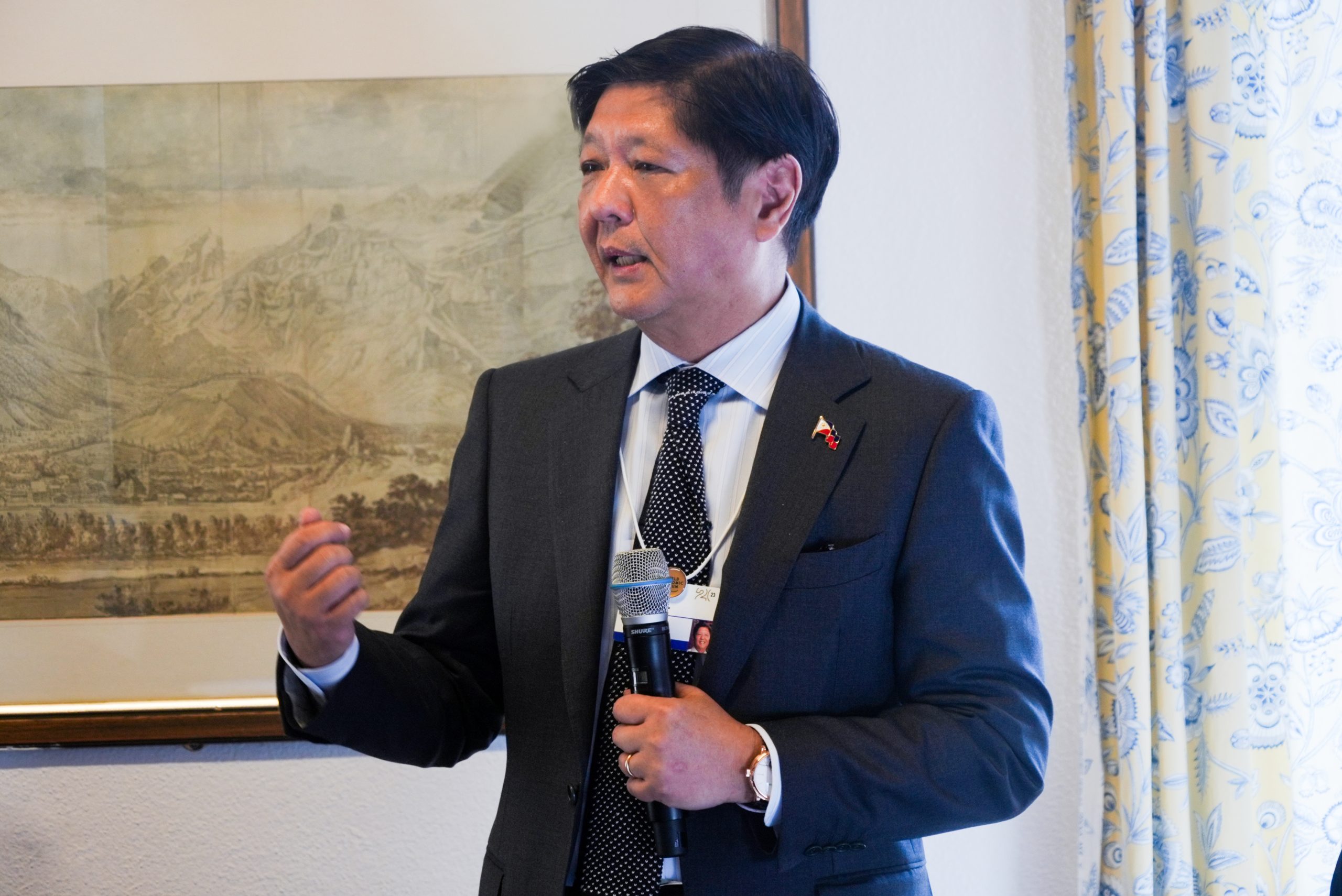Headline
PBBM OKs tariff cuts on imported EVs, spare parts, deboned meat

FILE: President Ferdinand R. Marcos Jr. (PCO Photo)
MANILA – President Ferdinand R. Marcos Jr. has approved the temporary modification of tariff rates on imported electric vehicles (EV), parts and components, to boost the EV market in the country.
Marcos on Jan. 13 inked Executive Order (EO) 12 after the National Economic and Development Authority (NEDA) Board on Nov. 24, 2022 endorsed the temporary reduction of the Most-Favored Nation (MFN) tariff rates on certain EVs and their parts and components for five years.
Under EO 12, the MFN tariff rates on completely built up units of certain EVs such as passenger cars, buses, minibuses, vans, trucks, motorcycles, tricycles, scooters and bicycles would be temporarily reduced to zero for a five-year period.
The EO, however, does not apply to hybrid-type EVs.
The tariff rates on certain parts and components of EVs would also be lowered to 1 percent from 5 percent for five years, according to EO 12.
The EO aims to support the transition to emerging technologies and encourage consumers to consider electric vehicles as a cleaner and greener transportation option.
Citing RA 11697 or the Electric Vehicle Industry Development Act, EO 12 provides that the State shall ensure the country’s energy security and independence by reducing reliance on imported fuel for the transportation sector.
“The state has the paramount obligation to protect the health and well-being of the people from hazards of pollution and greenhouse gases,” the EO read.
“Under RA No. 11697, the State shall provide an enabling environment that permits the development of electric vehicles, including options for micro-mobility as an attractive and feasible mode of transportation,” it added.
The transportation sector is one of the largest sources of air pollution and energy-related greenhouse gas emissions in the country at 34 percent, with road transportation accounting for 80 percent of those emissions.
EO 12 shall be in full force and effect for a period of five years from the date of effectivity.
Tariff retention on deboned meat
Also on Jan. 13, Marcos signed EO 13 maintaining the temporary modification of import duty rates on mechanically deboned meat (MDM) of chicken and turkey.
EO 13 retains the temporary 5-percent tariff rates on MDM poultry until Dec. 31, 2024 “to ensure the continued supply of essential food products at affordable prices, diversity the country’s market sources and help businesses recover and sustain their operations.”
According to the EO, the current global situation brought about by the coronavirus disease 2019 (Covid-19) pandemic, as well as other factors affecting the country’s traditional sources of MDM of chicken and turkey, “cause uncertainty in the steady supply of said commodities.”
“The high inflation prompted by supply constraints, expected shortage in the global supply, and rise in international commodity prices present economic and trade implications to the country and the Filipino people,” EO 14 said.
Processed meat products are popular among most low-income households, particularly since mechanically deboned meat is a vital component for the manufacture of hot dogs and canned luncheon meat.
In 2019, former President Rodrigo Duterte issued EO 82 which orders the modification of the MFN tariffs on imported MDM poultry until Dec. 31, 2020. He later signed EO 123 in 2021 to extend the validity of the reduced tariff rates under EO 82 until end of December 2022.
Under EOs 12 and 13, the MFN tariff rates shall be subject to review after one year of implementation of the order and the NEDA is also directed to submit is findings and recommendations to the President, through the Office of the Executive Secretary.
Section 1608 of RA 10863 or the Customs Modernization and Tariff Act allows the President, in the interest of general welfare and national security and upon the NEDA’s recommendation, to increase, reduce, or remove existing rates of import duty.
EO 12, a copy of which was released by Malacañang on Thursday, takes effect 30 days after its complete publication in the Official Gazette or in a newspaper of general circulation.
Meanwhile, EO 13 takes effect immediately after its complete publication in the Official Gazette or in a newspaper of general circulation.



























